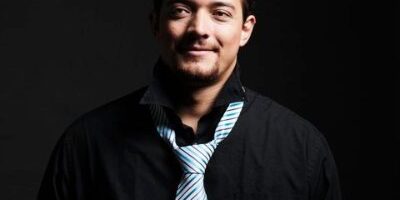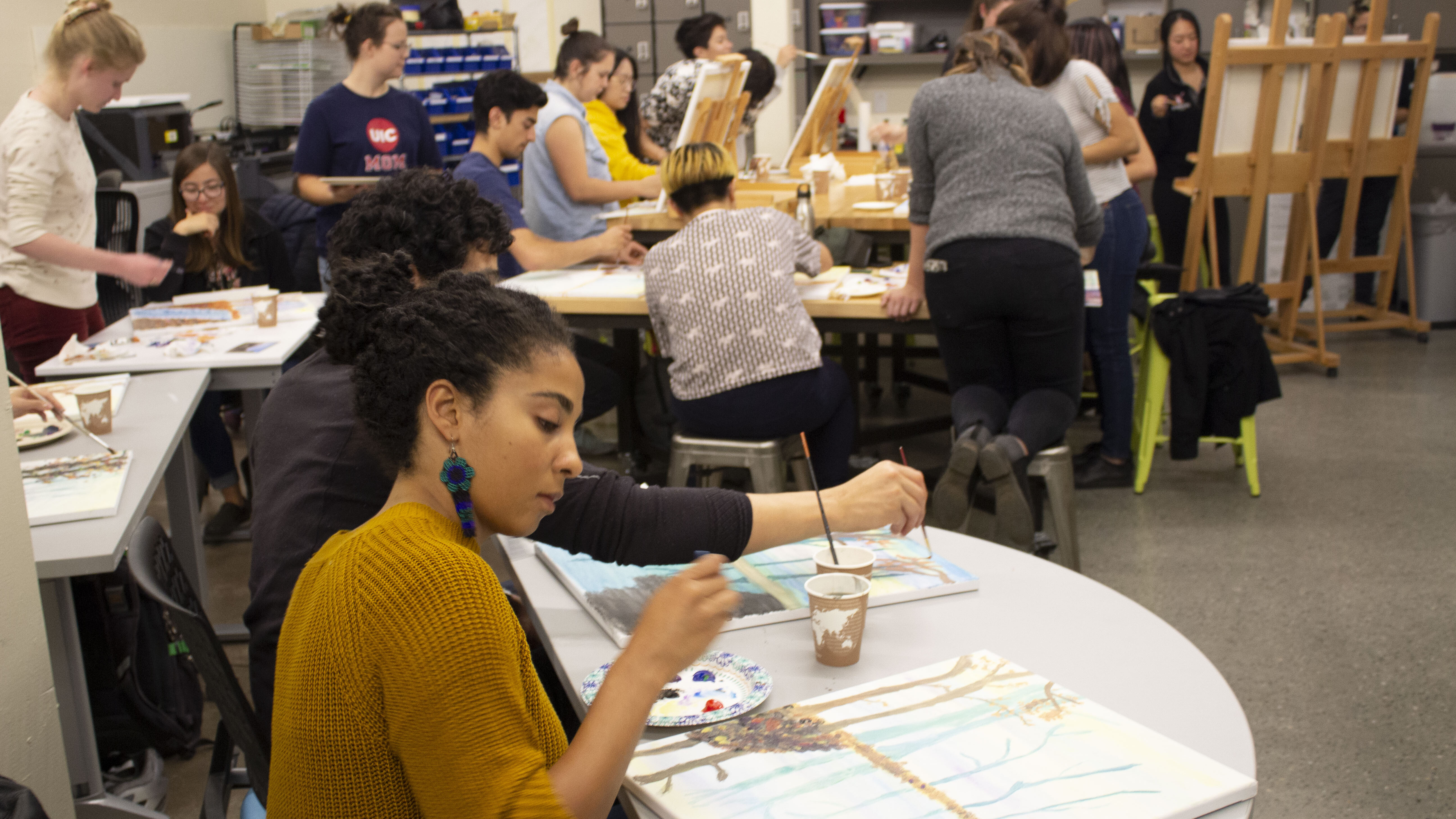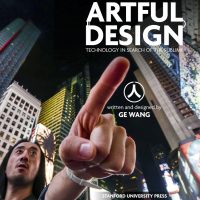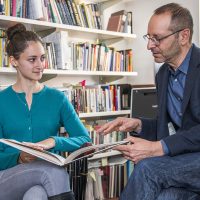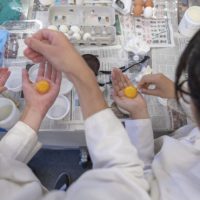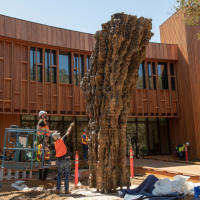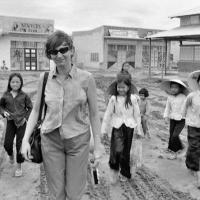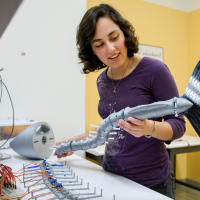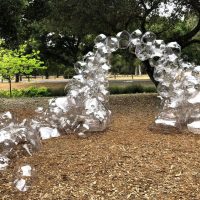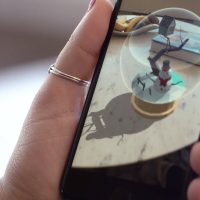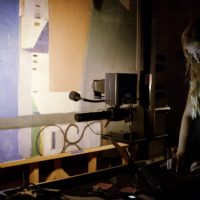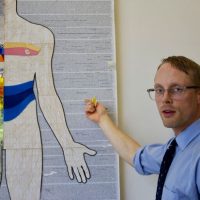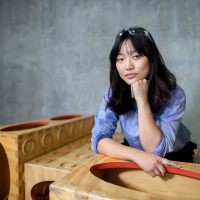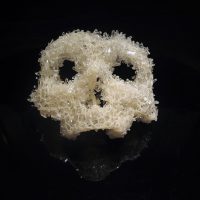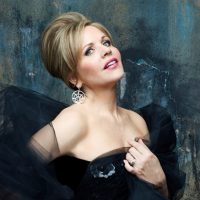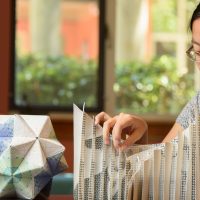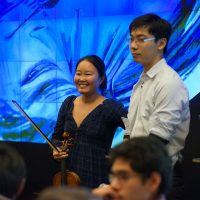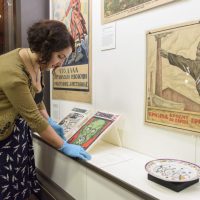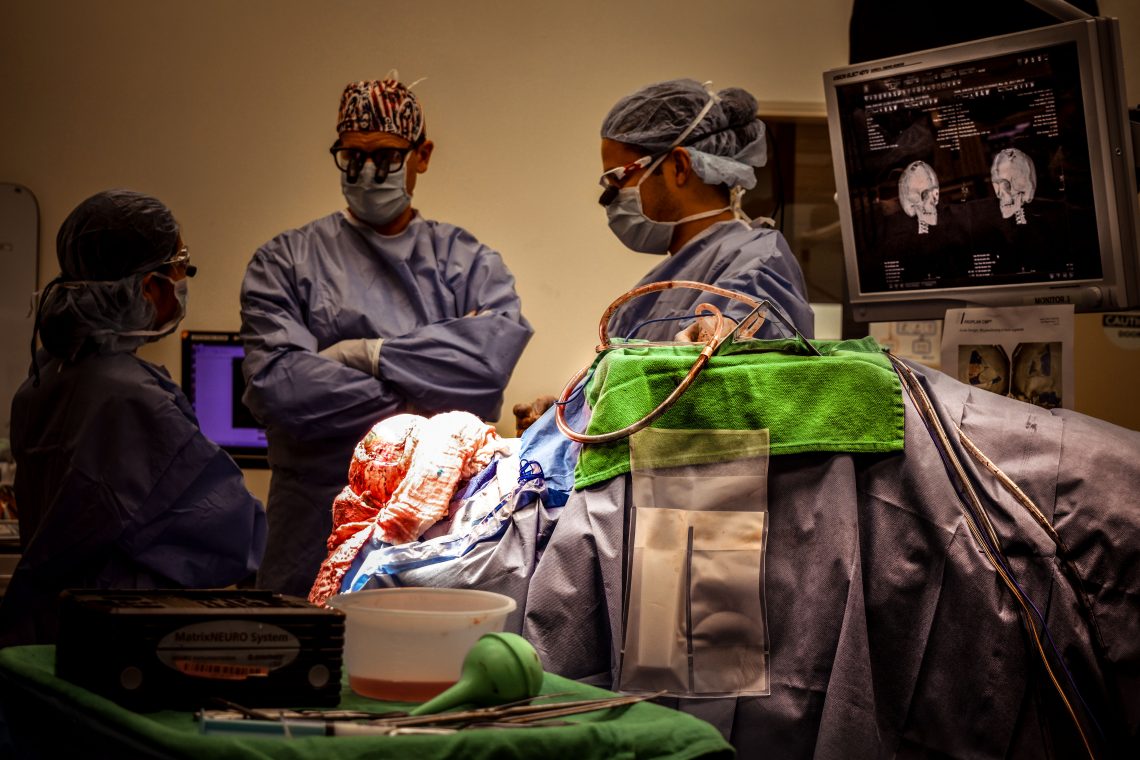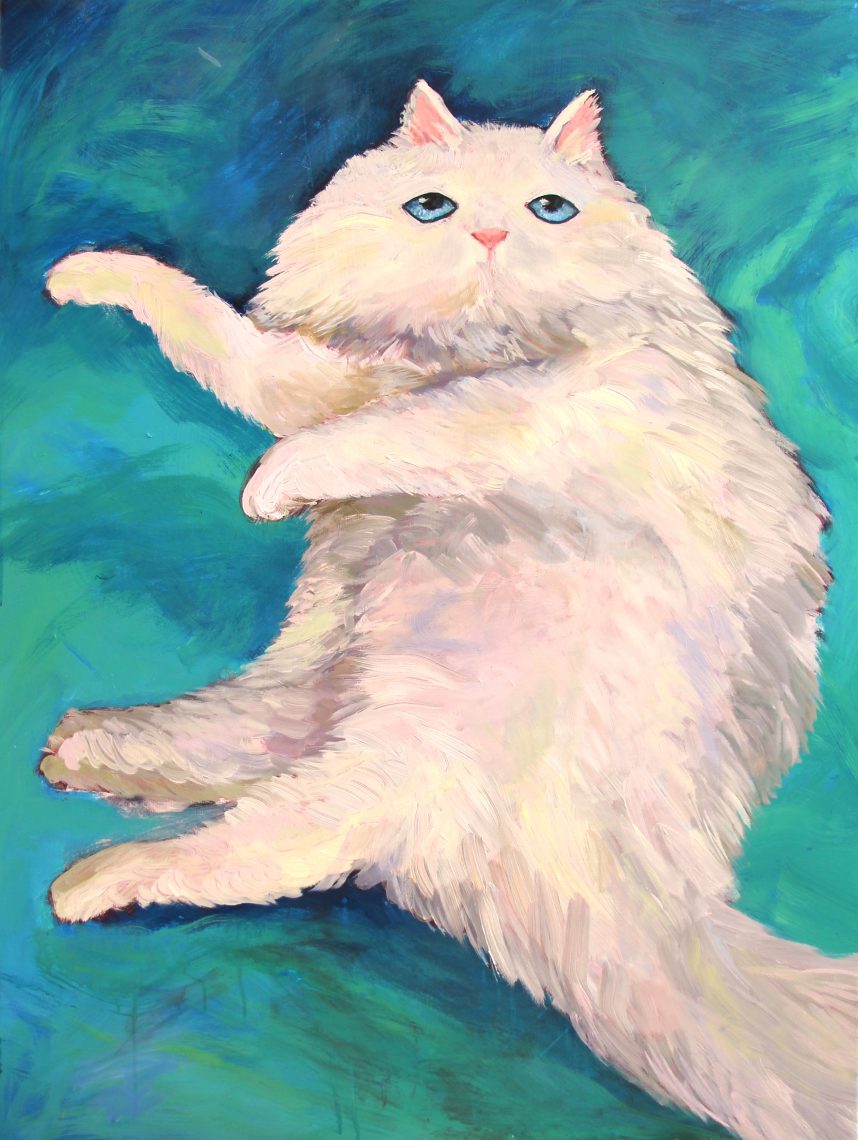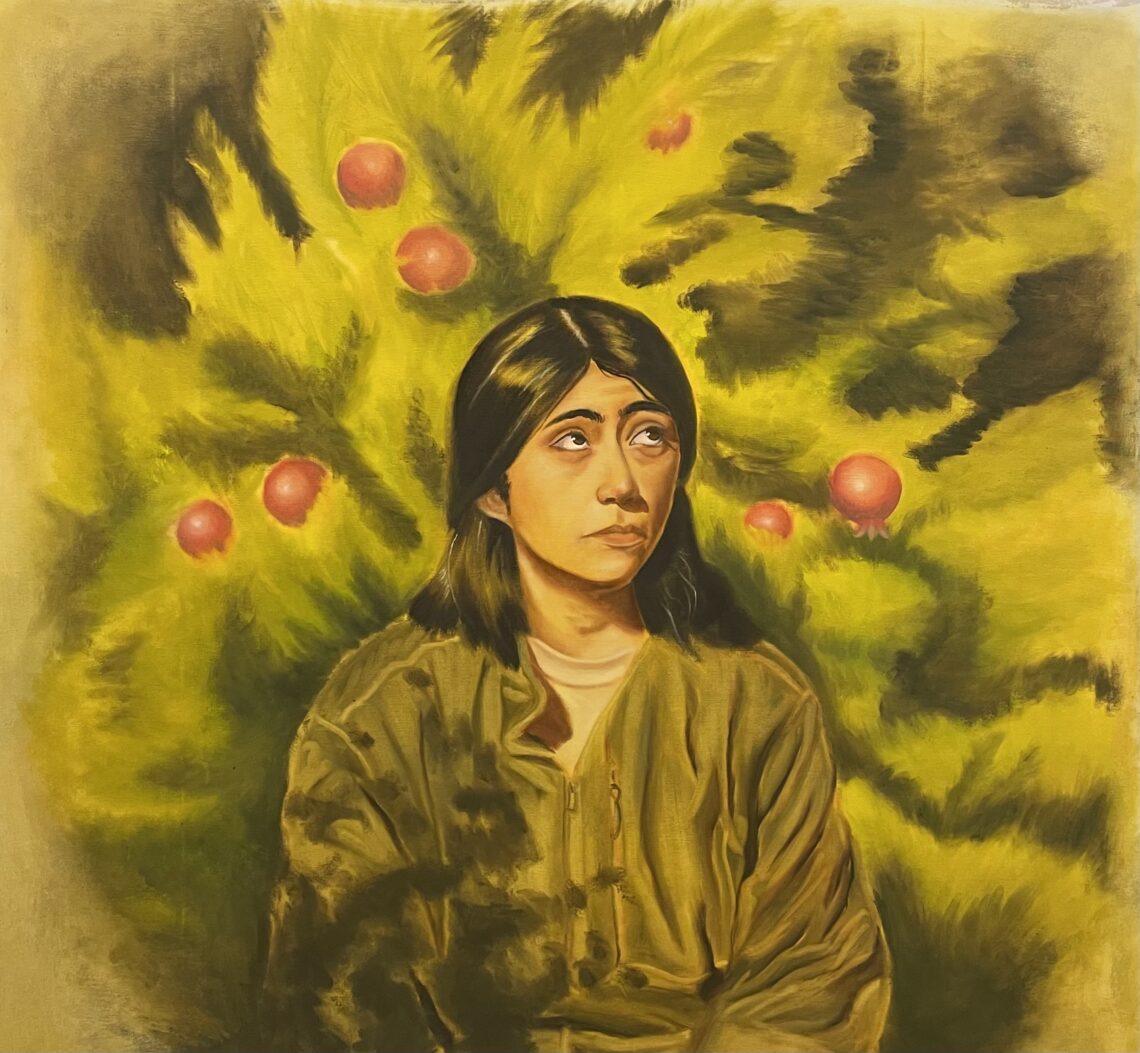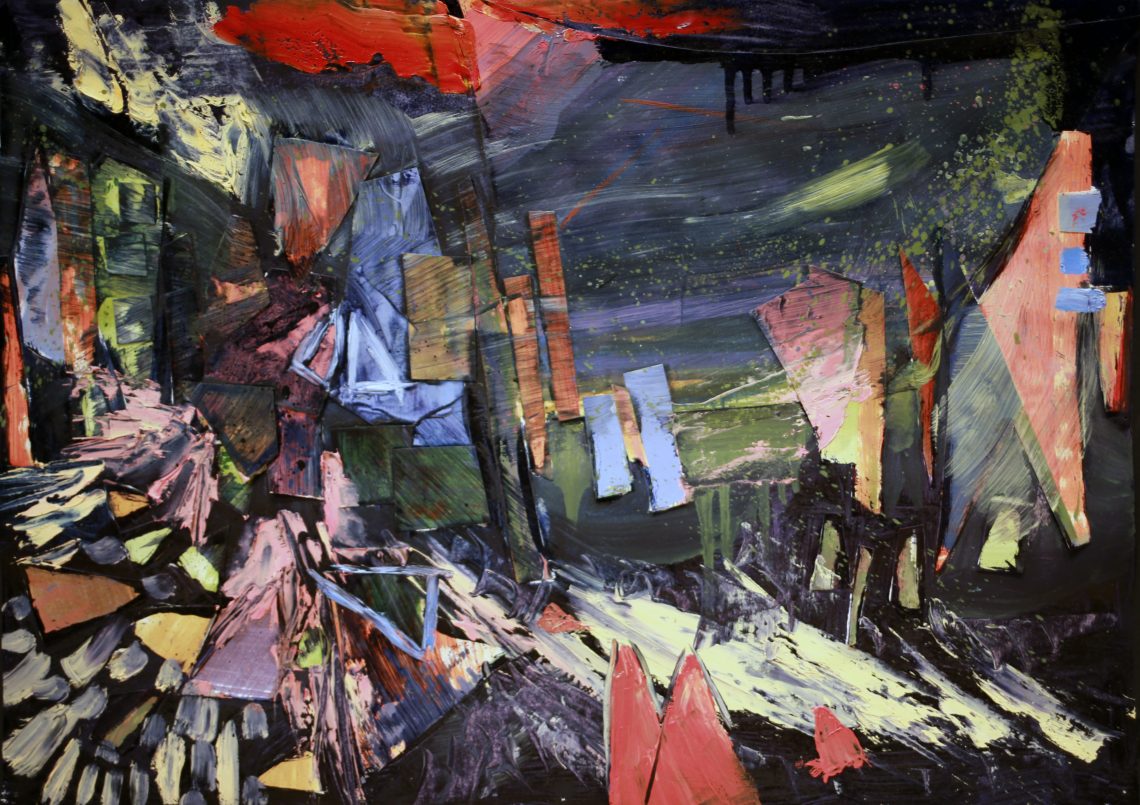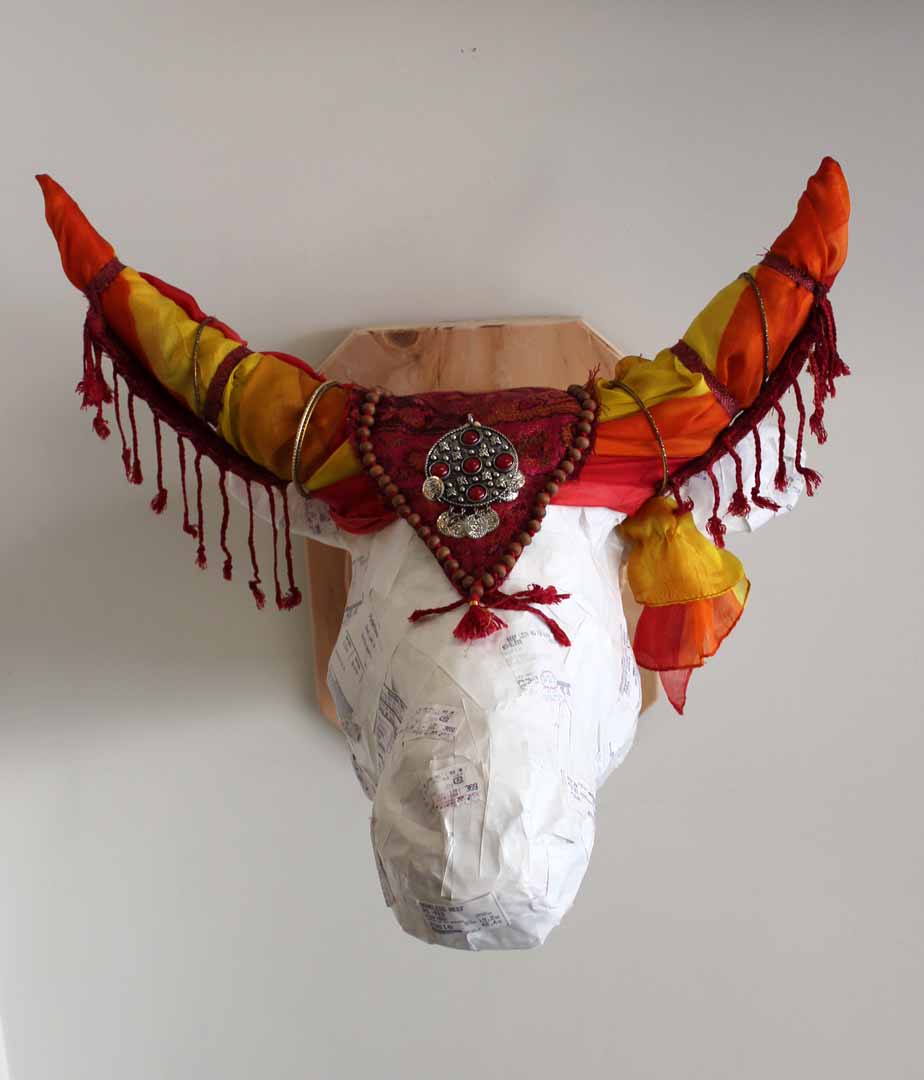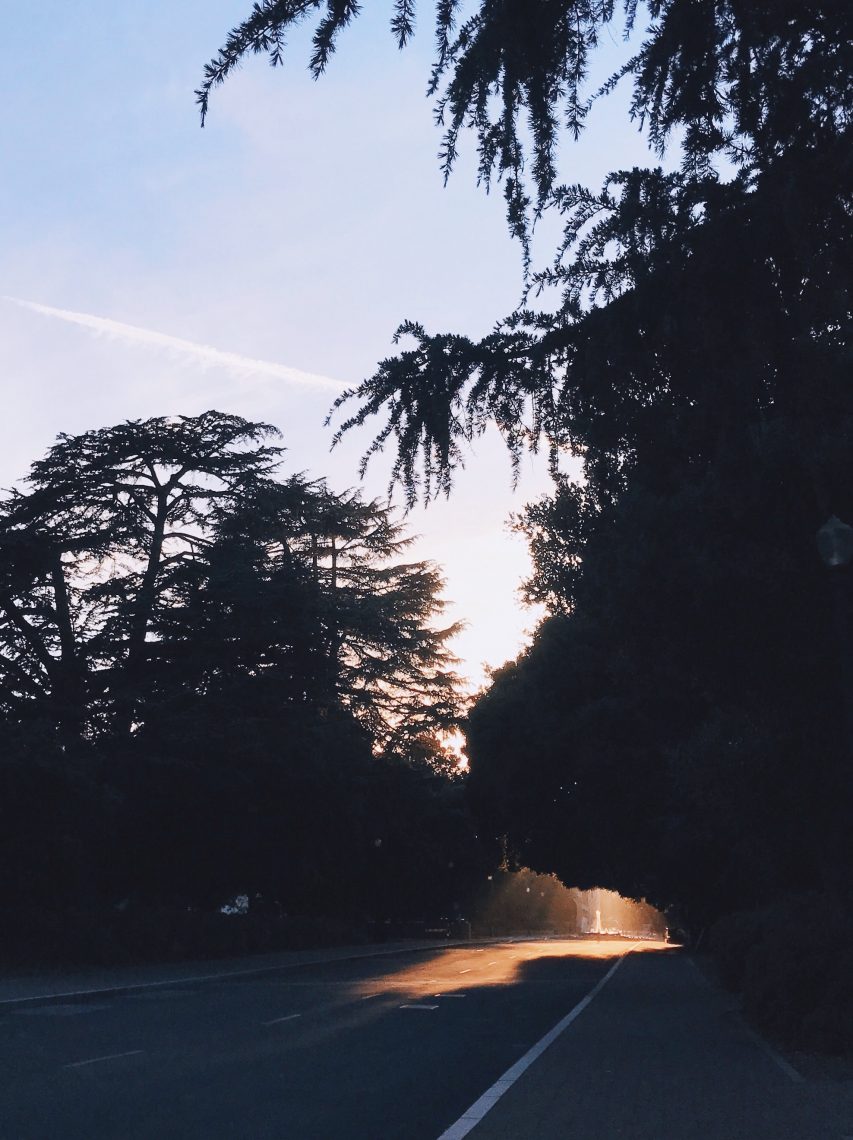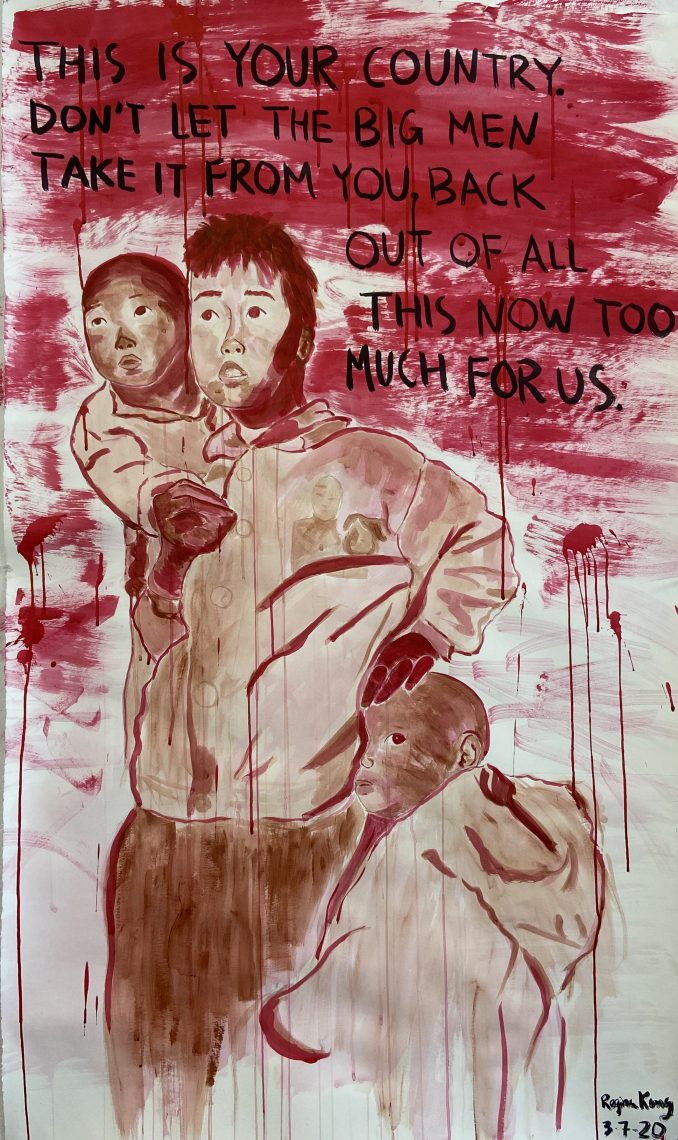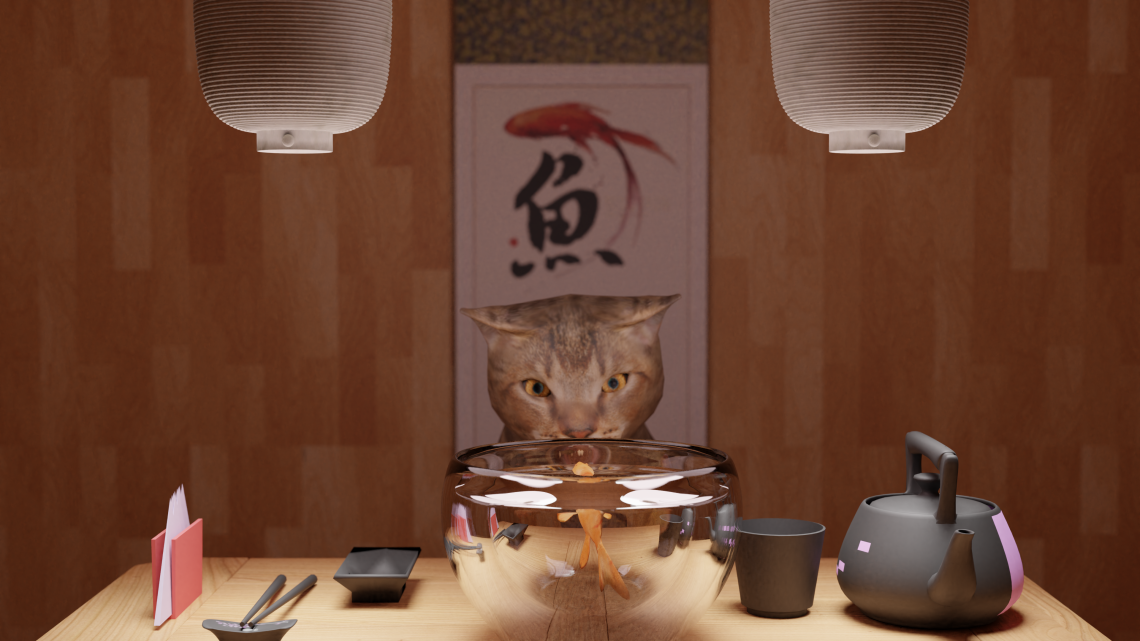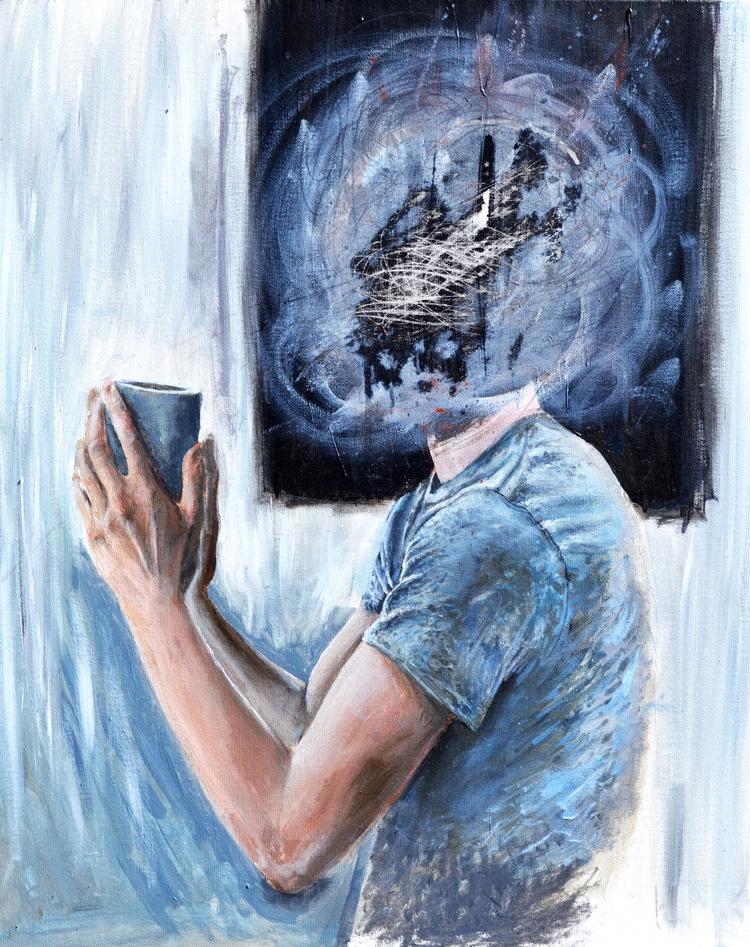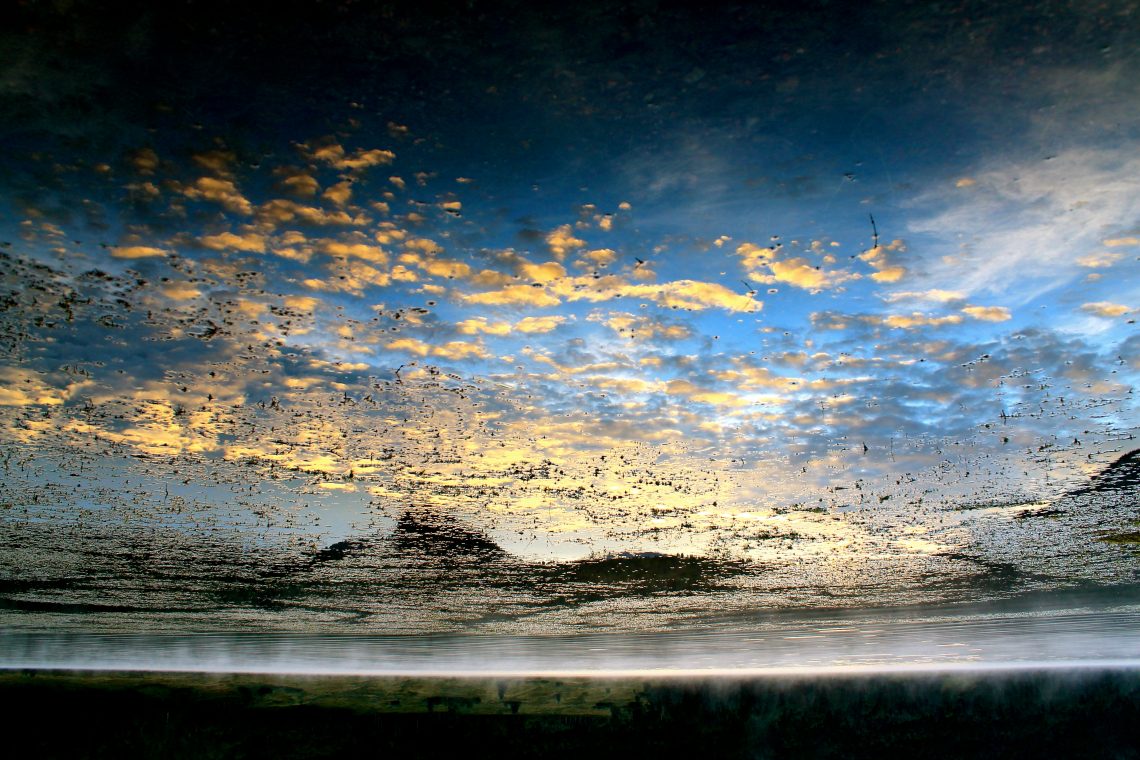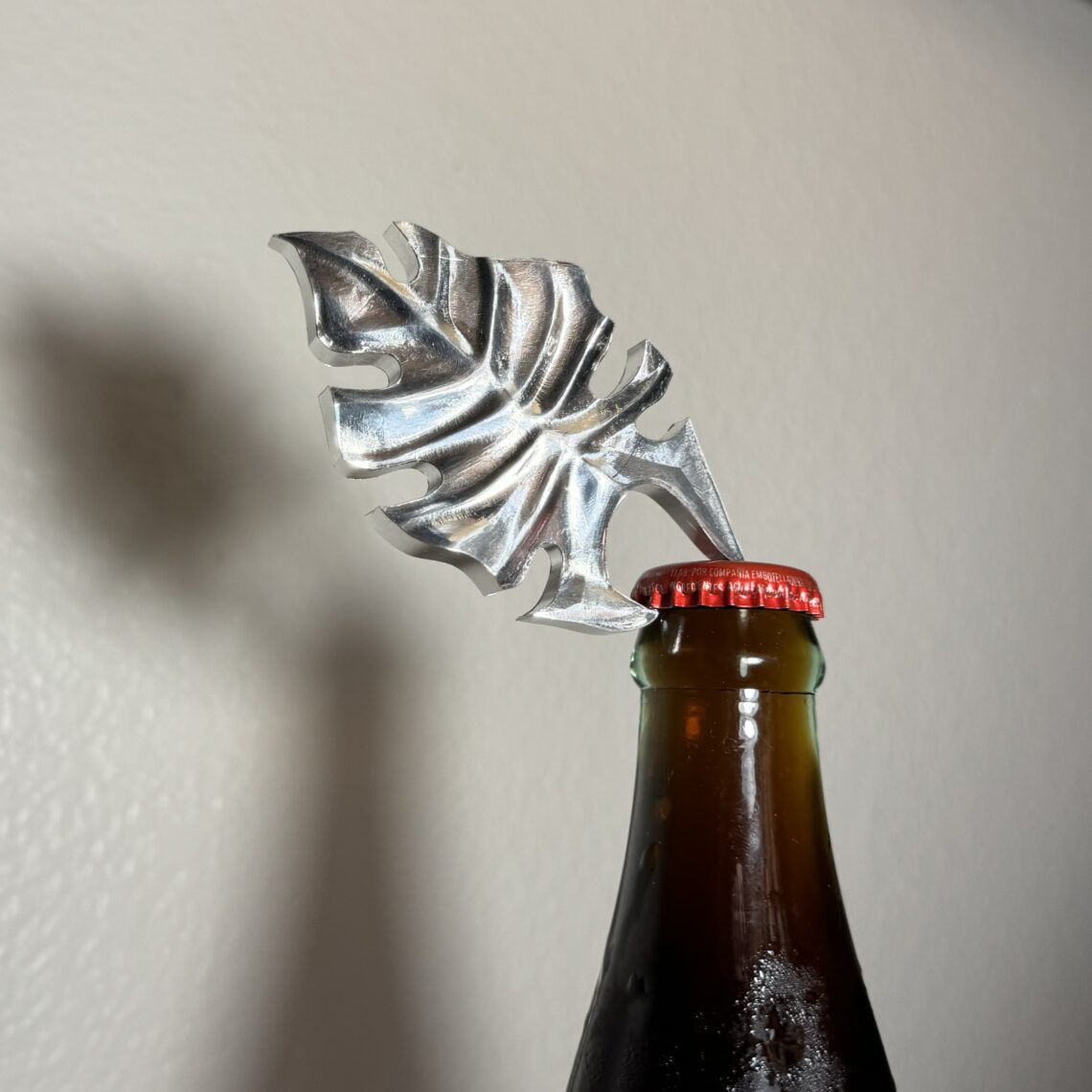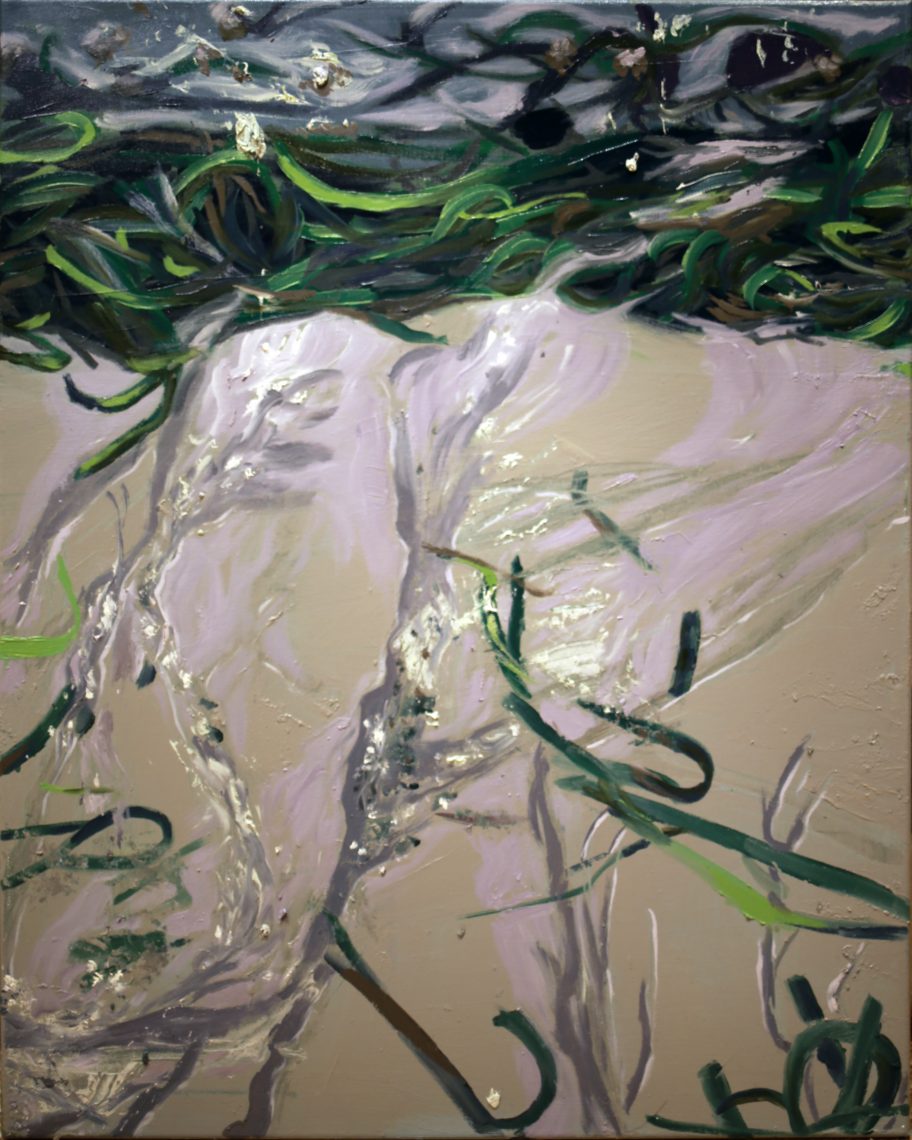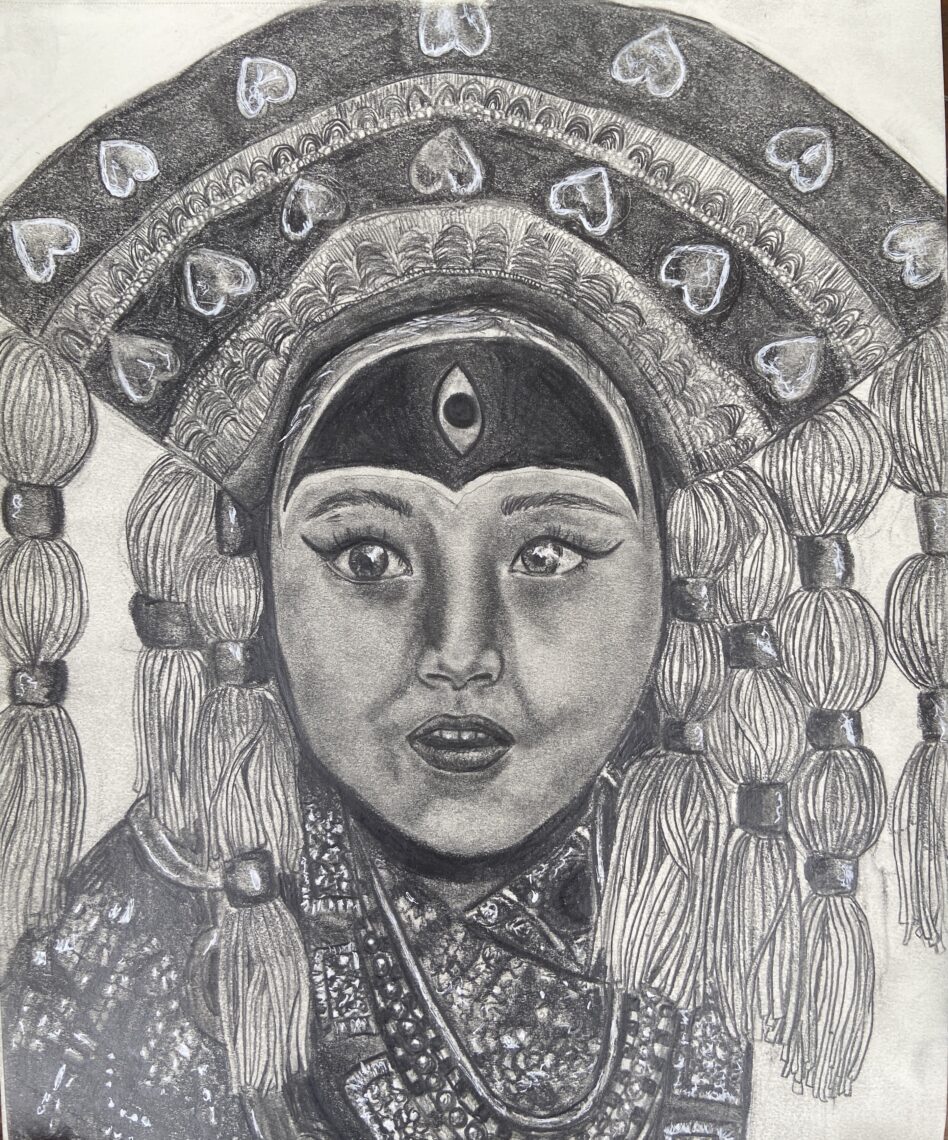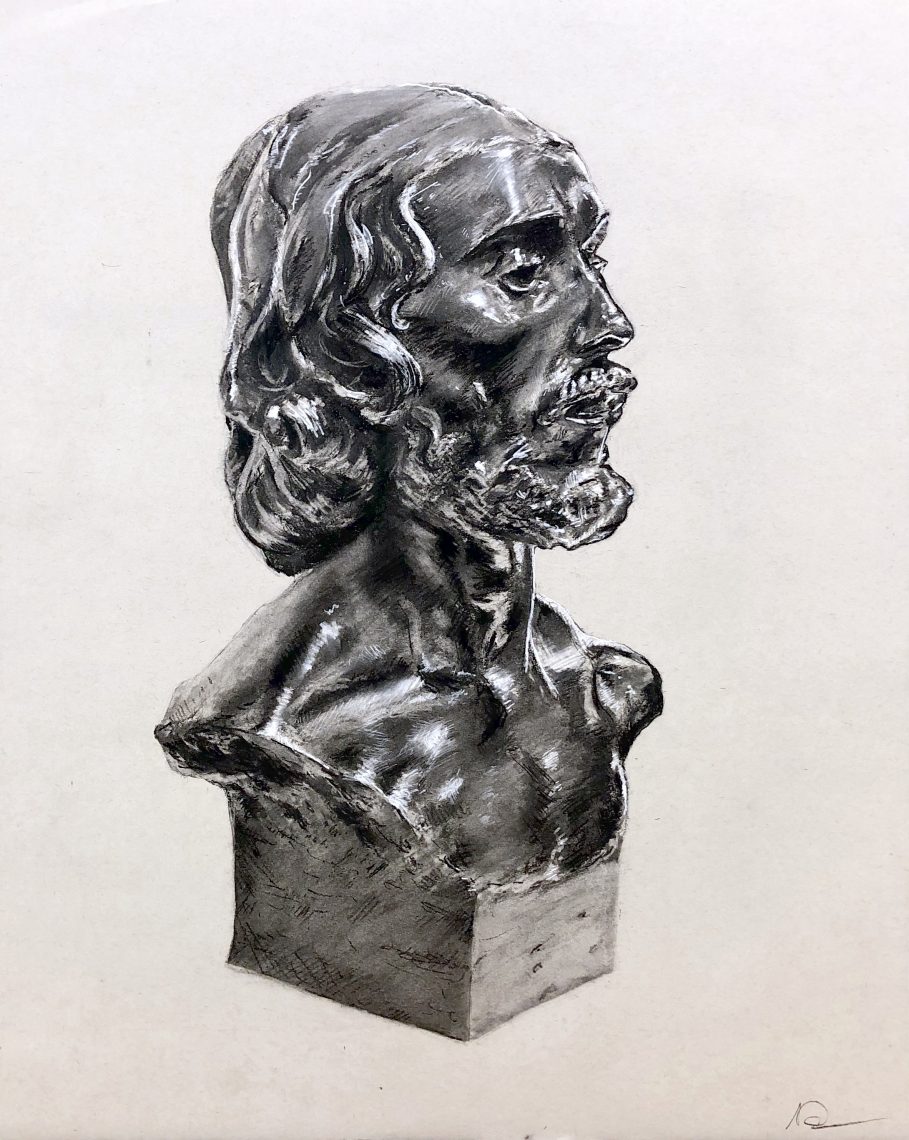Campus Stories - Interdisciplinary Approach
Stanford polymath blazes a new trail with his design manifesto
Stanford scholar Ge Wang has chosen an unconventional medium for a manifesto about why technology and design needs to reflect human values: a comic book. “It’s nerdy. It’s philosophical. It’s a core dump of my brain in comic form,” said Wang, an associate professor of music in the School of Humanities and Science, who has…
Literature professor collaborates with students and artist on poetry project
When poet and Stanford Professor Amir Eshel saw a series of drawings in the studio of German artist Gerhard Richter, he had an experience many would describe as spiritual. Eshel was in Cologne, Germany to interview Richter for his forthcoming book Poetic Thinking Today (Stanford University Press, 2019). He wanted to learn more about the artist’s four-part…
Stanford course teaches students the science of art materials
If you walked the first floor of the Shriram Center for Bioengineering and Chemical Engineering at Stanford University in early September, you may have peered in on a lab full of students, decked out in lab coats, gloves, face masks and goggles. This would be no unusual sight in a chemistry lab, save for what the students…
Sculpture installed at Stanford University’s Denning House anchors new art collection
When the inaugural cohort of Knight-Hennessy Scholars arrive to Stanford, they will be greeted by a new sculpture in front of Denning House, their program’s new home. The sculpture, MOCNA, by Ursula von Rydingsvard, was commissioned as the first piece in Denning House’s art collection, which plans to acquire one piece every year from emerging and established…
New exhibition at the Hoover Institution resurfaces a forgotten tabloid from the Vietnam War
For the past 40 years, a Stanford alumna’s journalistic legacy from the Korean and Vietnam wars has sat forgotten in musty boxes in a basement in Sweden. Overseeing Overseas Weekly’s Pacific edition was Ann Bryan, the only female editor in chief in Saigon. She successfully sued the Department of Defense to lift a ban that prohibited…
Science students make art to reflect on their time at Stanford
Nibbling on petite samplings of quail, students in The Senior Reflection excitedly consider the acorn porridge and debate about the level of detail the chef – their classmate Alex Nguyen-Phuc, ’18 – should include in a printed menu to accompany the final meal. Although the class has taken on a temporary air of fine dining, it is…
Nebulate: an installation by students of Stanford’s Architectural Design Program
Installed in front of the Anderson Collection, Nebulate‘s structure is comprised of plastic bubbles of varying sizes, assembled to form a translucent, cloud-like mass. Architectural Design Program students explored how surface deformation, through dimpling and curvature, increased the strength of the panel. The final form embodies a viral mass upon its environment as it ebbs and…
Stanford senior and university VR club co-founder creates pioneering augmented reality film with fellow undergraduate
Stanford undergraduates Max Korman, ’18, and Khoi Le, ’20, launched what may be the world’s first augmented reality narrative film. And they did it using their mobile phones. Snowbird is a 3D-animated short movie about porcelain creatures that come to life in a snow globe. (Image credit: Courtesy of Max Korman) Augmented reality (AR) is a…
Stanford student’s investigation reveals images in Diebenkorn painting
Stanford student Katherine Van Kirk, ’19, has paired modern technology with old-fashioned detective work to reveal images hidden beneath the surface of artist Richard Diebenkorn’s painting Window (1967). Van Kirk discovered multiple compositions hidden below Window’s surface that date to the mid-1950s and ‘60s, when Diebenkorn was a leader of the Bay Area Figurative movement. These earlier compositions…
Mixed-media mosaics of the human body, inspired by Frankenstein
Third-year medical student Nick Love, PhD, combined his passion for art, literature and medicine in creating an art exhibit at the Li Ka Shing Center for Learning and Knowledge that commemorates the 200th anniversary of Mary Shelley’s novel Frankenstein. While the fictional Dr. Frankenstein stitched his monster together from cadaver parts, Love built his monsters with plastic,…
New Stanford student group bridges the arts, sciences and engineering
When two students saw more division than unity between the different academic disciplines on Stanford’s campus, they decided to build a community and call it ArtX. Katherine Yang is the co-founder of the ArtX student organization. (Image credit: L.A. Cicero) Launched in 2017 by Stanford students Ramin Ahmari, BS ’18 and MS ’18, and Katherine Yang,…
Humanity, technology join hands in Life/Art/Science/Tech Festival at SLAC
In the sculpture Feast of Eternity, salt crystals form delicate patterns along a 3D printed lattice that mimics the growth of stem cells to create bone. The hauntingly beautiful object resembling a human skull was designed by bioartist Amy Karle with the idea of “healing and enhancing a future body.” Karle uses medical technologies in…
Neuroscience and music: A conversation with opera singer Renée Fleming
About a month before she opens on Broadway in the revival of Rodgers and Hammerstein’s Carousel, Renée Fleming is sitting in a broadcast booth talking to me about neuroscience and music. I’m able to grab time with the celebrated soprano to discuss Sound Health: Music and the Mind, a collaboration between the Kennedy Center, the National Institutes of Health, and the National Endowment for the Arts,…
Science meets art at Stanford
Science and art are often regarded as distinct – either a person can’t be serious about both or an interest in one must relate somehow to work in the other. In reality, many scientists participate in and produce art at all levels and in every medium. Here are just a few of these people –…
Stanford community participates in intuitive/rational creative exercise
The intersection of science, music, art and improvisation has long fascinated experimental artist Pamela Davis Kivelson. Her latest foray into the busy intersection – Drawing with Gravitational Waves – reaches out of this world. Video by Kurt Hickman Artist Pamela Davis Kivelson created a participatory performance piece with violinist and scientist Lucy Liuxuan Zhang and creative coder…
New exhibition at Hoover Institution and Cantor Arts Center marks centenary of 1917 Russian Revolution
Drafts of the last Russian czar’s abdication letter, painted portraits of Russian rulers from the 18th and 19th centuries, photographs of massive street demonstrations in Petrograd and Moscow in 1917, and early Soviet-era propaganda posters – these are just some of the artifacts on display at the Hoover Institution Library & Archives and the Cantor Arts Center as part…

